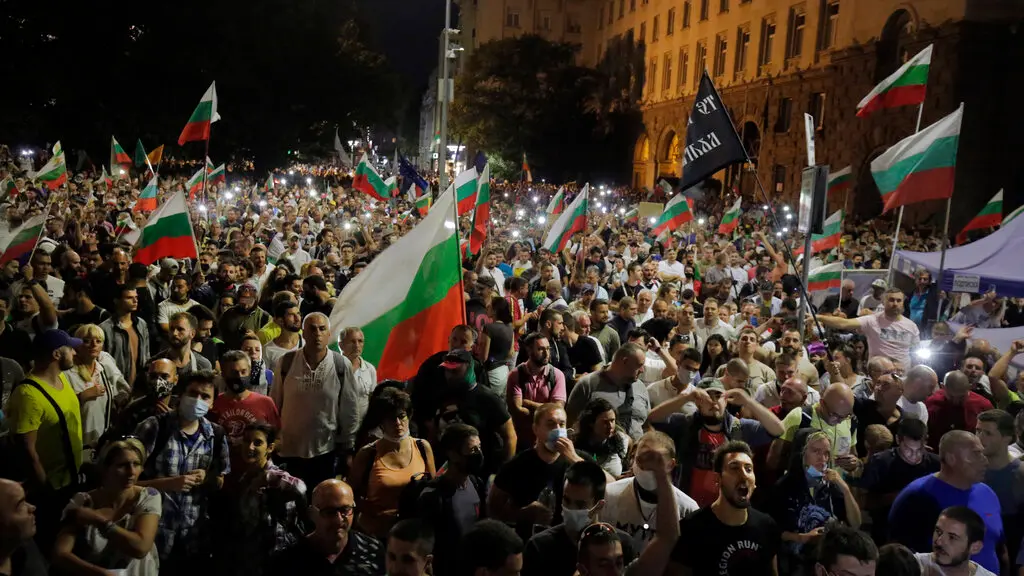
Every country requires both local and centralized authorities to effectively manage various aspects of governance. However, can a nation maintain efficiency in the face of a chaotic centralised government? As a Bulgarian, I draw on my personal experiences to explore this complex issue.
Despite being an EU member, Bulgaria has a long-standing history of corruption. Many citizens, like myself, have sought better opportunities abroad but are now returning with a renewed desire for justice and accountability. We are pushing back against issues such as lack of media transparency, the politicisation of the judiciary, and the appointment of unqualified individuals to positions of high power. These concerns have fuelled protests demanding governmental resignation and comprehensive reform.
Yet, have these protests led to effective change? The answer is discouragingly clear: no. In the span of three years, Bulgaria has witnessed seven government elections, with an eighth on the horizon. Citizens are increasingly frustrated with the lack of accountability from their representatives, many of whom refuse to resign despite rising demands. The chaotic nature of Bulgarian politics has led many to view the situation as a joke, resulting in plummeting voter turnout and further inhibiting the formation of a stable government.
The political landscape has also grown more complex in recent years due to ideological rifts among parties. Although most parties align with centre-right ideologies, they disagree on priorities, complicating coalition-building. The lack of options leaves citizens disillusioned, questioning why they should bother voting when elected officials betray their principles once in power.
This recurring cycle of elections has cost Bulgaria over 500 million leva (approximately 260 million euros) – funds that could have been better allocated to improving public health, infrastructure, and education. Yet, despite these challenges, Bulgaria continues to function. How is this possible?
The Importance of Local Government
The answer lies in local governance. Bulgaria has been decentralising power since 1991, and a report from the Council of Europe’s Congress of Local and Regional Authorities highlights the considerable progress achieved through the devolution of powers to local authorities – especially in education, public health, and social services.
In daily life, this decentralisation is evident. Local councils in small villages and towns often step up to manage essential services, improving the quality of life for their citizens despite limited resources. The increased authority of local councils has also engaged citizens politically, as they see the tangible impact of local governance. President Rumen Radev has acknowledged that ‘local authorities have become an embodiment of Bulgarian statehood during these years of crises and political instability‘. However, for local authorities to thrive fully, they must strive for fiscal independence from the central government.
Bulgaria continues to face a significant North versus South divide, exacerbated by the central government’s mismanagement of funds, illustrating the need for local authorities (especially in the North) to operate without reliance on ‘national budget grants and transfers‘.
In conclusion, a centralised government cannot be entirely relied upon, especially in times of corruption and instability. As Bulgaria continues to grapple with its political challenges, the focus must shift towards empowering local governments, which are proving to be the backbone of resilience and progress. Local municipalities should be the ones taking on increased responsibility for the multitude of issues facing our country. Ultimately, it is at the local level that we can find the means to keep Bulgaria running.
Image: Valentina Petrova, AP, 2020//CC BY 4.0



Average Rating